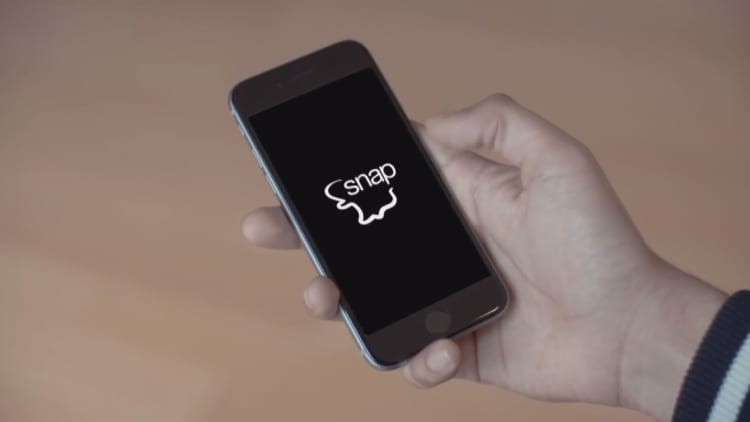Brands have long tapped social media "influencers" such as fashion bloggers, athletes or the Kardashians. The problem is, famous faces can be costly and impersonal, so marketers are now turning to "micro-influencers," and you can cash in.
Macro-influencers are defined as social-media users with 10,000 or more followers on their accounts, while micro-influencers are the rest of us, according to Kosuke Sogo, chief executive officer and co-founder of advertising firm AdAsia Holdings.
"A micro-influencer could be a housewife who regularly posts her recipes or cooked dishes on social media," he told CNBC. "Her followers are more often than not personal friends or family, with an additional number coming from people who found her account."
Brands want to work with micro-influencers because "they tend to resound better with their audience, due to the more personal and more authentic connections with their followers," Sogo said. "The ideal campaign typically includes a couple of macro-influencers to generate awareness, while micro-influencers drive action," he added.
AdAsia launched CastingAsia on Thursday, a data-driven influencer marketing platform that connects companies to a user base of micro-influencers and their social media accounts. Companies can search, filter and group influencers based on their campaign needs and monitor the influencers' engagement with followers via the platform.

Social media users can approach CastingAsia to join the platform and need to provide links to social media accounts such as Facebook, Instagram, Twitter, YouTube and Snapchat. The amount that micro-influencers on CastingAsia can earn varies depending on the brand and its budget, but have the potential to earn anywhere from $500 to $100,000 from a single campaign.
AdAsia is not the first to capitalize on this niche influence marketing space. Blog advertising company Nuffnang was founded in 2006, and has since built up a database of almost a million blogs for brands to run marketing campaigns with.
Another competitor is Voltu by Glispa, which helps app-makers market their products in emerging markets. On the Glispa platform, influencers decide which apps they want to help advertise, based on the premise that the influencer knows his or her audience best.

